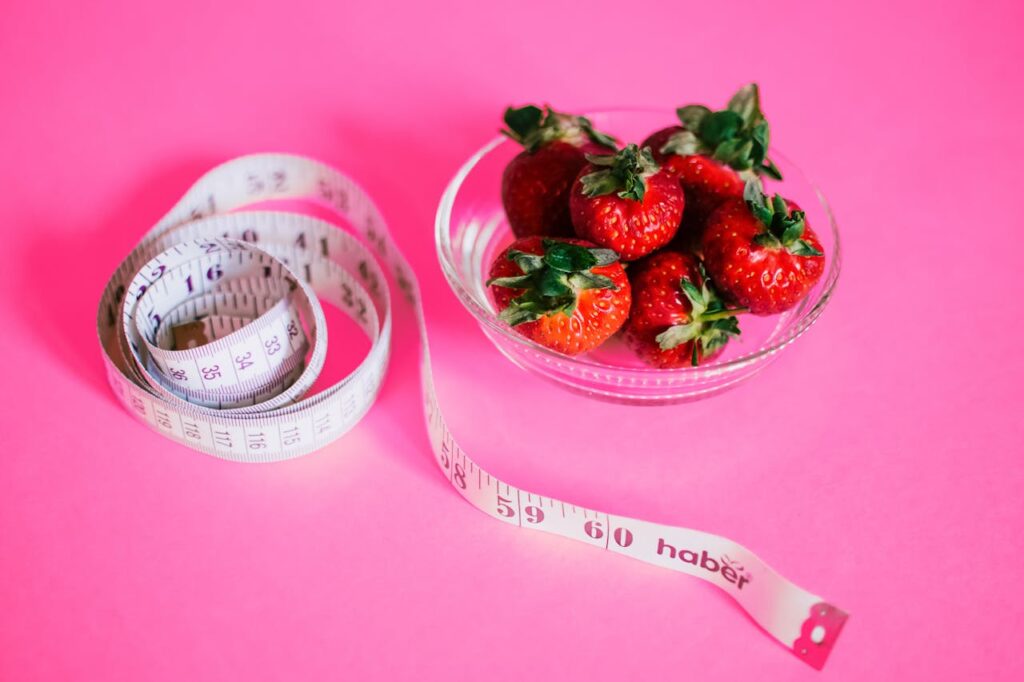
Achieving weight loss while maintaining a balanced and nutritious diet is a common goal for many people. However, it’s crucial to understand that weight loss isn’t just about cutting calories; it’s about choosing foods that nourish your body, keep you satiated, and support your overall health. Here, we’ll explore various nutritious foods that can aid in weight loss and provide you with tips on incorporating them into your daily diet.
The Importance of Nutrient-Dense Foods
Nutrient-dense foods are rich in vitamins, minerals, and other essential nutrients relative to their calorie content. These foods help you feel full and satisfied, reducing the temptation to overeat or snack on unhealthy options. Here are some of the best nutrient-dense foods to include in your weight loss plan:
1. Leafy Greens
Leafy greens like spinach, kale, arugula, and Swiss chard are incredibly nutritious and low in calories. They are packed with fiber, which helps you feel full longer and supports digestive health. Additionally, leafy greens are rich in vitamins A, C, and K, as well as minerals like iron and calcium.
Tip: Add a handful of spinach to your morning smoothie or enjoy a kale salad for lunch to increase your intake of leafy greens.
2. Whole Grains
Whole grains such as quinoa, brown rice, oats, and barley are excellent sources of fiber and complex carbohydrates. Unlike refined grains, whole grains are digested slowly, providing a steady release of energy and preventing blood sugar spikes. This helps control hunger and reduce overall calorie intake.
Tip: Replace white rice with quinoa or enjoy a bowl of oatmeal topped with fresh berries for a nutritious breakfast.
3. Lean Proteins
Protein is essential for maintaining muscle mass and supporting metabolic function. Opt for lean protein sources like chicken breast, turkey, fish, tofu, and legumes. These foods are lower in unhealthy fats and calories compared to red meats and processed proteins.
Tip: Grill or bake chicken breasts for dinner, and try incorporating more plant-based proteins like lentils and chickpeas into your meals.
4. Fruits
Fruits are naturally sweet and packed with vitamins, minerals, and antioxidants. While they do contain natural sugars, their fiber content helps regulate the absorption of sugar into the bloodstream. Berries, apples, oranges, and pears are particularly good choices for weight loss.
Tip: Snack on fresh fruit instead of sugary treats or add them to your yogurt and salads.
5. Vegetables
Non-starchy vegetables like broccoli, cauliflower, peppers, and zucchini are low in calories and high in fiber, vitamins, and minerals. They add volume to your meals without adding many calories, helping you feel full and satisfied.
Tip: Include a variety of colorful vegetables in your meals, and try roasting or steaming them to preserve their nutrients.
6. Nuts and Seeds
Nuts and seeds are rich in healthy fats, protein, and fiber, making them a satisfying snack option. However, they are calorie-dense, so it’s important to consume them in moderation. Almonds, chia seeds, flaxseeds, and walnuts are great choices.
Tip: Sprinkle a small handful of nuts or seeds on your salads or yogurt for added crunch and nutrition.
7. Legumes
Legumes, including beans, lentils, and peas, are high in protein and fiber, making them excellent for weight loss. They are also low in fat and can help stabilize blood sugar levels.
Tip: Add beans to soups and stews or enjoy a lentil salad for a protein-packed meal.
Hydration and Healthy Beverages
Staying hydrated is crucial for weight loss and overall health. Water is the best choice, but you can also enjoy herbal teas and infused water for variety. Avoid sugary drinks and limit your intake of caffeinated beverages.
Final Tips for a Nutritious Weight Loss Diet
- Plan Your Meals: Plan your meals ahead of time to ensure you have healthy options available and to avoid impulsive eating.
- Control Portions: Pay attention to portion sizes to avoid overeating, even with healthy foods.
- Mindful Eating: Eat slowly and savor each bite to recognize when you’re full and prevent overeating.
- Balanced Diet: Ensure your diet includes a variety of foods to provide all the essential nutrients your body needs.
By incorporating these nutritious foods into your diet and following these tips, you can achieve your weight loss goals while maintaining a healthy, balanced diet. Remember, sustainable weight loss is about making long-term lifestyle changes rather than opting for quick fixes or fad diets.